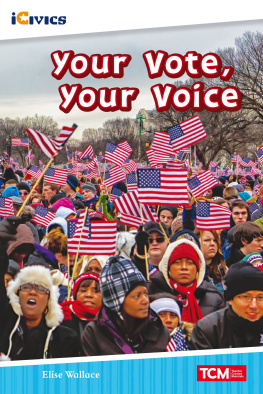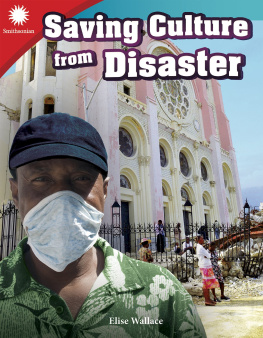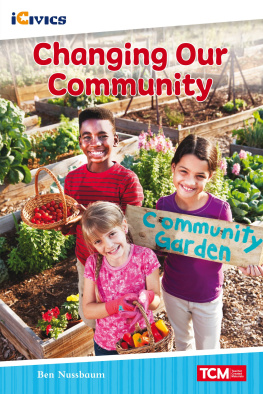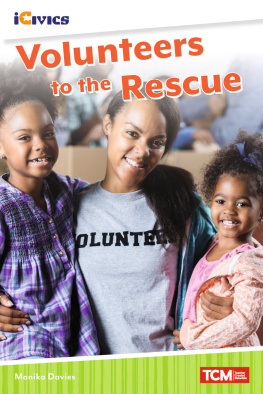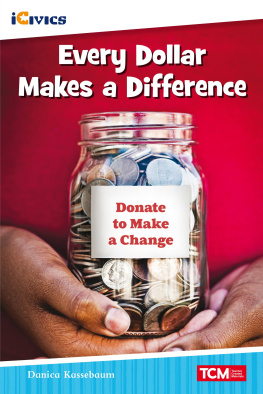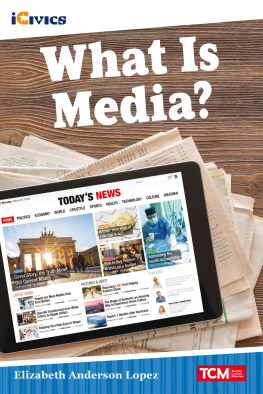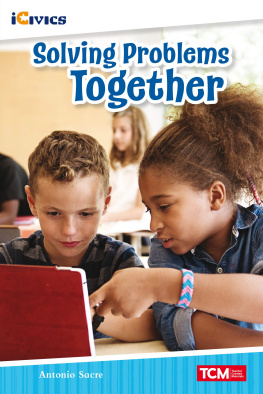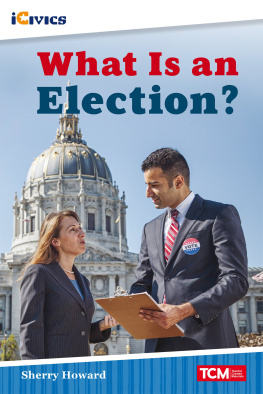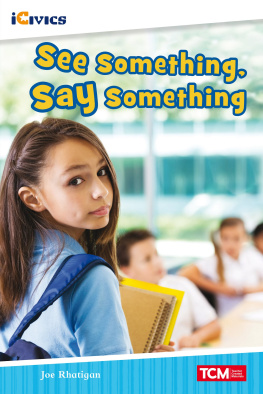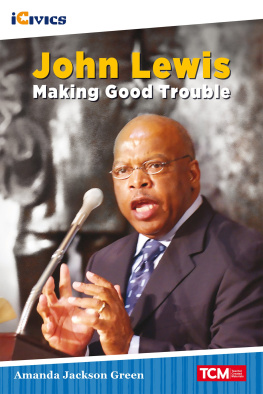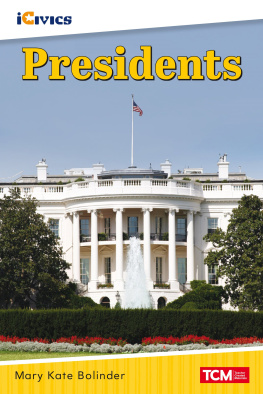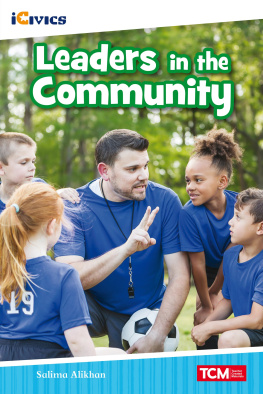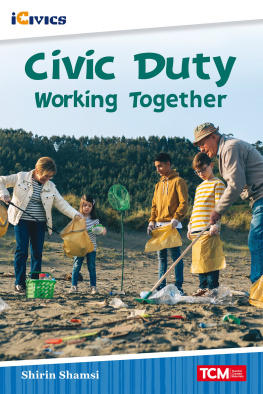cover


Read and Respond
Why should people vote?
What should people do before
they vote?
The author writes that Elle and
Hope do a lot of research before
Hope votes. What kind of research
might they have done?

Elise Wallace
Your Vote,
Your Voice

Reader C
onsultan
ts
Jennifer M. Lopez, M.S.Ed., NBCT
Senior CoordinatorHistory/Social Studies
Norfolk Public Schools
Tina Ristau, M.A., SLMS
Teacher Librarian
Waterloo Community School District
iCivics Consultants
Emma Humphries, Ph.D.
Chief Education Officer
Taylor Davis, M.T.
Director of Curriculum and Content
Natacha Scott, MAT
Director of Educator Engagement
Publishing Credits
Rachelle Cracchiolo, M.S.Ed., Publisher
Emily R. Smith, M.A.Ed., VP of Content Development
Vronique Bos, Creative Director
Dona Herweck Rice, Senior Content Manager
Dani Neiley, Associate Content Specialist
Fabiola Sepulveda, Series Designer
Image Credits:
cover rypson/iStock; p5 Sundry Photography/Shutterstock;
p15 Kauka Jarvi/Shutterstock; p16 Steve Helber/Asociated Press;
pp18-19 Fotosearch/Stringer/Getty Images; p21 Rob Crandall/Shutterstock;
pp24-25 Everett CollectionShutterstock; all other images from iStock and/or
Shutterstock
Library of Congress Cataloging-in-Publication Data
Names: Lacey, Saskia, author.
Title: Your vote, your voice / Elise Wallace.
Description: Huntington Beach, CA : Teacher Created Materials, [2021] |
Includes index. | Audience: Grades 2-3 | Summary: "Let's get ready to
vote! Learn about the issues. Study the candidates. Make your choice and
head to the polls!"-- Provided by publisher.
Identiers: LCCN 2020043712 (print) | LCCN 2020043713 (ebook) | ISBN
9781087605050 (paperback) | ISBN 9781087619972 (ebook)
Subjects: LCSH: Voting--United States--Juvenile literature. |
Elections--United States--Juvenile literature.
Classication: LCC JK1978 .L33 2021 (print) | LCC JK1978 (ebook) | DDC
324.60973--dc23
LC record available at https://lccn.loc.gov/2020043712
LC ebook record available at https://lccn.loc.gov/2020043713
This book may not be reproduced or distributed in any
way without prior written consent from the publisher.
5482 Argosy Avenue
Huntington Beach, CA 92649-1039
www.tcmpub.com
2022
Teacher Created Materials, Inc.
The name iCivics and the iCivics logo are
registered trademarks of iCivics, Inc.
ISBN 978-1-0876-2799-1

Table of Contents
Your Vote Is Your Voice .............
Jump into Fiction:
First- Time Voter ......................
Finding Your Voice ..................
The Candidates ........................
At the Polls ...............................
The Results ..............................
Glossary ...................................
Index ........................................
Civics in Action ........................

Your Vote Is Your Voice
In the United States, adult citizens can vote.
They choose their leaders. They vote for the
president.
Before voting, there is a lot to think about.
The country faces many issues. Which ones
are important? What each person thinks
matters. A persons vote is their voice!
This boy thinks things through.
Maybe he is thinking about
important issues.

Jump into
Fiction

First-Time
First- Time
There is an election soon. Elle is
excited. Her sister Hope has just
turned Hope will be voting for
the first time!

Elle wants to help Hope prepare.
There is a lot to do. The two sisters
study as much as they can. They
learn about the issues.

There are some issues Hope cares
about. She cares about schools. She
cares about having nice roads. Hope
also thinks health care should cost less.

Elle and Hope learn about the people
running for office. The sisters want to
find someone who shares Hopes views.
They do a lot of research. Soon, Hope
is ready. She cant wait to vote!
Back to
Nonfiction

One issue some people care
about is recycling.

Finding Your Voice
You are unique. Your view of the world is
unique. That is a good thing! Each person
has their own experiences. Each person has
different views of how the world should be.
One idea does not always work for everyone.
Find out what is important to you. What
issues do you care about? Think about these
issues. Talk with people you trust. Talk with
people who have different ideas. Decide what
you think should be done. This will help you
find your voice.
Issue: Education
Some people think schools
need more money. This money
may be used to buy new books.
It may be used to repair old
buildings. It may be used to

